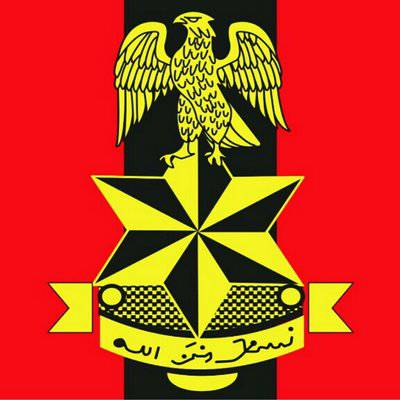Gov. Kashim Shettima of Borno has advised the military to develop more robust relationship with the media to boost its success in the ongoing war against terrorism in the North-East.
Shettima gave the advice at a workshop on the Media/Military Relationship, jointly organised by the 7 Div. Nigerian Army and the Borno council of the Nigeria Union of Journalists in Maiduguri on Thursday.
He said that the military must also begin to take the media into confidence in some of its operations to avoid speculations.
Shettima said that unlike most developed countries, Nigerian military was yet to have a concrete partnership with the media on sensitive reportage.
He recalled that the American media delayed report on the visits of President Barrack Obama to troops on frontline zone, based on an understanding with the security agencies.
“I have asked myself many times that, why it is those in developed countries, Presidents and other leaders will go to places like Afghanistan and Iraq to meet with their soldiers at the battle fronts.
‘’However, such visits would not be instantly reported by media houses like the CNN, BBC, New York Times, Aljazeera, Reuters, AFP and other media establishments.
“Reports about these visits would mostly be made public only days after the visit of the Presidents,’’ he said.
He added that reports would be published when the media was sure that the safety of the Presidents at the front lines in Afghanistan would not be compromised.
“A lot of us have heard how the CNN reported meetings between President Obama and troops in battle fields, only days after such visits.
“The International media completely shielded Prince Harry when he was fighting as a soldier and member of the British troops in Afghanistan between 2007 and 2008.
‘’He was only reported 10 weeks into his deployment after leaving dangerous point in Afghanistan. Let us now compare this with a classical situation in Nigeria.
‘’When President Goodluck Jonathan was said to be planning to visit Chibok in 2014, the trip was instantly revealed by virtually all Nigerian media houses.
‘’The visit was supposed to be a secret one in order not to compromise the safety of the President, given the strength of the Boko Haram at that time.
“What was it that made the International media conceal President Obama’s and Prince Harry’s visits to Afghanistan.
‘’What was it that made our major media houses to act differently by revealing President Goodluck Jonathan’s planned visit to Chibok.”
The governor said that he later realised that the American security agents had good working relationship with and reposed confidence in the international media houses, hence the development.
“The International media establishments are told well about the plan and requested to give blackouts or delay report instead of real time.
“If you compare that strategy with our case, it becomes clear that we mostly try to hide important steps from the Nigerian media.
‘’We try to beat the media by keeping our plans away from them, with a wrong notion that our journalists do not have the capacity to know that which we hide from them.
“The worst assumption any News-Maker can ever have is to assume that any journalist lacks the capacity to find out what is being kept away from the journalist.
In the relationship between the newsmaker and the journalist, the Newsmaker mostly wants to be the one to give out what he wants the journalist to know.
On the other hand, the job of the journalist is not to just to report what the newsmaker tells, but also to be more curious about what the newsmaker didn’t tell.
‘’What the newsmaker doesn’t want to tell and why he doesn’t want to tell. This is always the mindset of a good journalist.
‘’So, what is the way out? The way out is to tell the journalist the whole story, the whole truth and seek his or her understanding in managing the truth.” (NAN)

